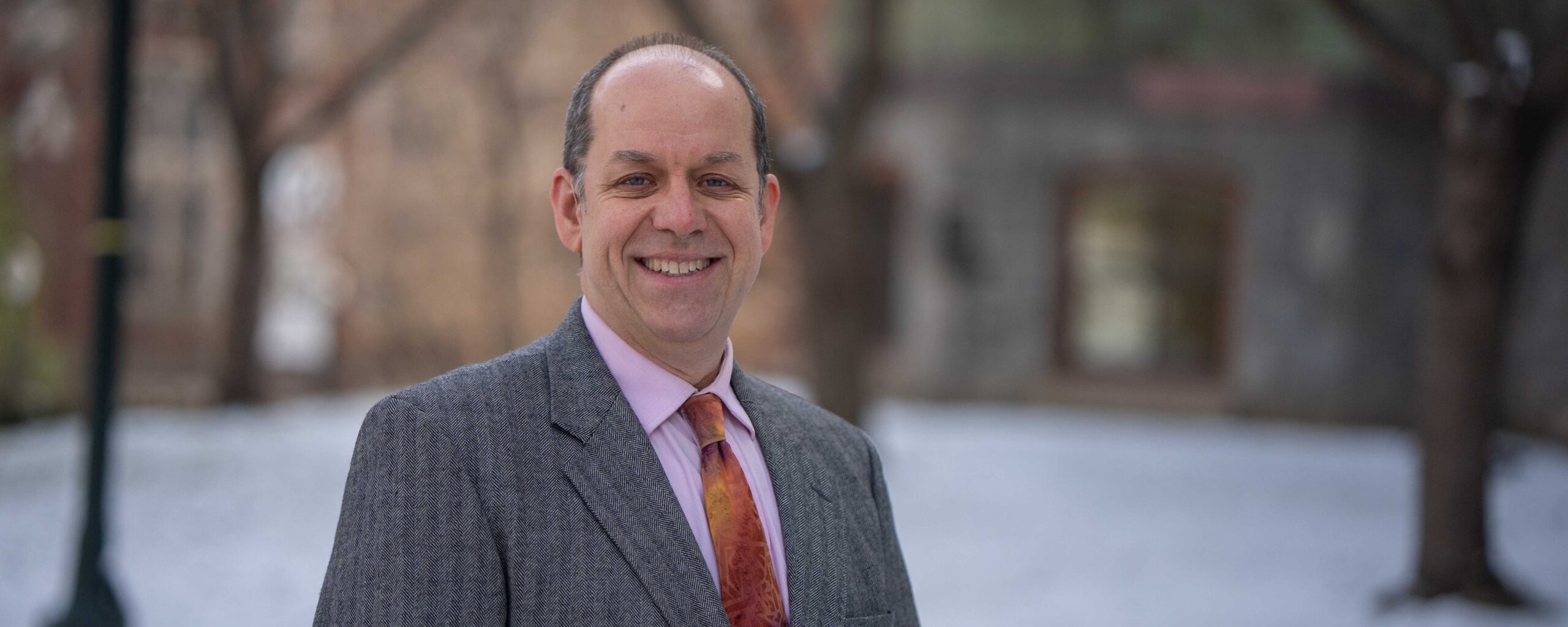In a new article, researchers with the Annenberg Public Policy Center urge scientists to engage with the public to further understanding of scientific issues but caution them to carefully choose their audiences and avoid two-sided debates that are “explicitly framed as conflicts.”
Their article, on the science of science communication, was published in the journal Trends in Biotechnology. It appeared as a response to the article “De-Problematizing ‘GMOs’: Suggestions for Communicating about Genetic Engineering,” by Blancke, Grunewald & De Jaeger. The three authors — bringing expertise in philosophy, biotechnology and agricultural engineering — discuss ways to “de-problematize” the debate around genetically modified organisms. The authors propose, among other things, to frame the issue of genetically engineered organisms “in such a way that the audience is willing to listen.”
In their response, APPC postdoctoral researcher Asheley R. Landrum and APPC visiting scholar William K. Hallman applaud the efforts by Blancke et al., to have scientists engage with the public on genetic engineering and GMOs. But they offer perspectives from the science of science communication that expand on the idea of communicating with a broad audience about GMOs.
Landrum and Hallman, who is chair of the Department of Human Ecology at Rutgers University, suggest that varying audiences have very different starting points of expertise and they caution that concepts should not be oversimplified in ways that disrespect the audience. They say scientists should not overreach when questions go beyond their scientific expertise, and should make it clear when they are speaking as informed citizens, and not as experts.
They also urge scientists to “choose your audience wisely,” writing: “Finally, although we encourage scientists to engage with the public, not every opportunity to speak about controversial issues like GMOs leads to positive outcomes for those involved. Too often, public forums devoted to GMOs are constructed and advertised as a clash between “pro” and “anti” GMO forces, and scientists are asked to defend biotechnology in these debates. We urge careful consideration of what is likely to be gained by participating in events that are explicitly framed as conflicts. We also suggest caution in accepting invitations to take part in other events that present GMO issues as a contrast between risk and safety, science and nature, farmers and industry, God and man, good and evil, or any other dichotomy.”
To read their complete article in Trends in Biotechnology, click here.


